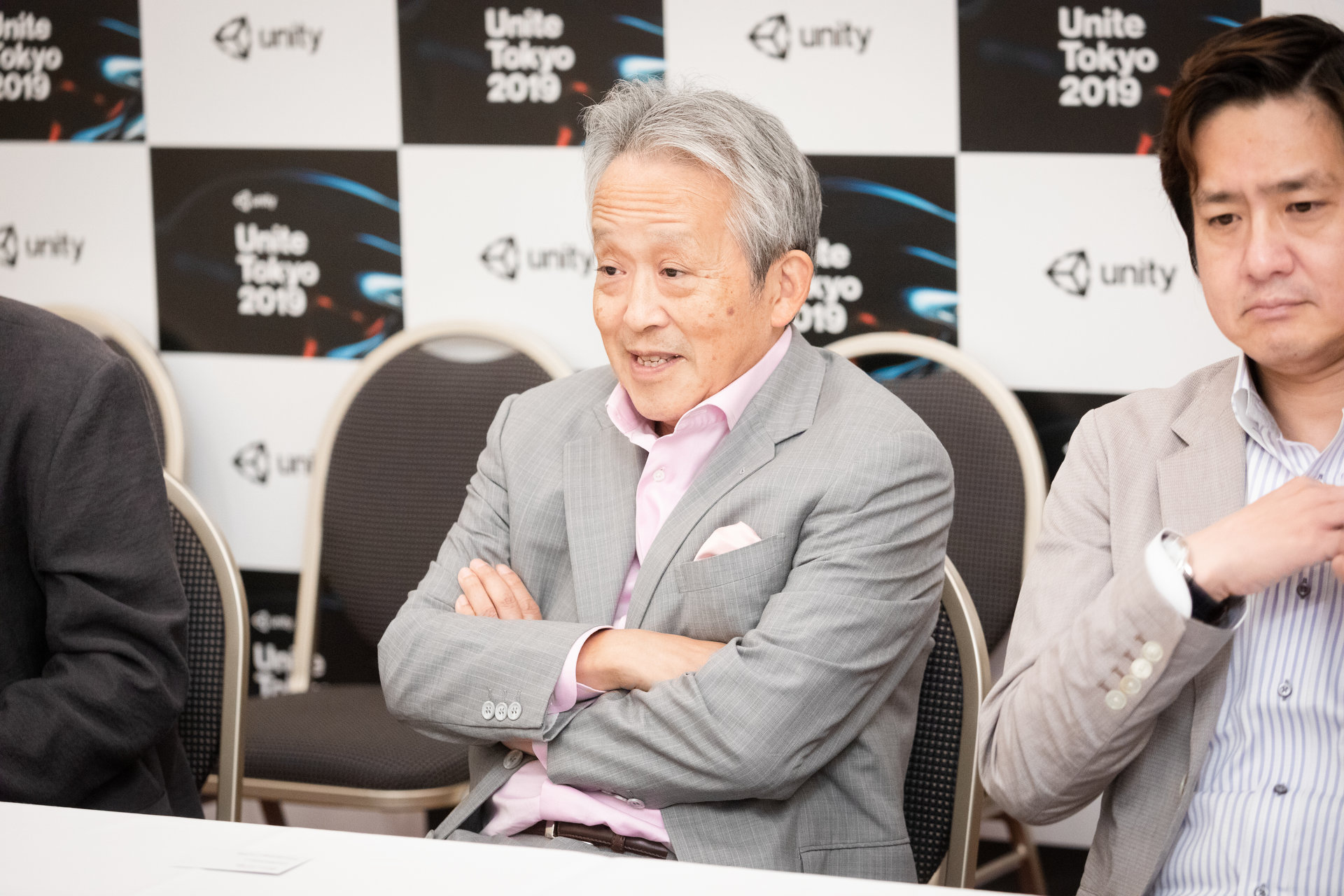The latest addition to our ever-growing “Translations” archive is the third and final part from a panel held at “Unite Tokyo 2019”, a video game development conference that brings current and past developers together for a series of meetings and lectures. This particular panel featured three massive names in the field of Dragon Ball, licensing, and video game development: Kazuhiko Torishima, Daisuke Uchiyama, and Shin Unozawa.
This third and final part of the panel further explores the role of a series editor at Jump with regard to licensed merchandise (specifically video games), and how this merchandise has evolved to its own independent state of truly being “art” on par with the original works.
With our translation of this panel alongside a series of game development-related interviews in 2016’s Super History Book, we hope to bring even more of a critical eye and wealth of (factual!) citations to enrich fandom’s understanding of Dragon Ball video games and their ever-changing development cycles. Much like the larger franchise as a whole, Dragon Ball games have so many preconceptions, misunderstandings, and false assumptions around them, and we are excited to bring some of these sources to light.
If you have not already, please enjoy the first two parts of this panel along with this final part:
- PART ONE: Jump‘s Legendary Editor-in-Chief Breaks “the Vicious Cycle That Creates Lousy Games” During Development of a Dragon Ball Game Adaptation
- PART TWO: “Sorry, but would you mind throwing this away?” – The truth about the merciless rejection given by a legendary Jump editor-in-chief to a Dragon Ball game project where hundreds of millions of yen had already been spent
- PART THREE: “The essence of a game producer,” as revealed by the legendary editor-in-chief formerly in charge of Dragon Ball
